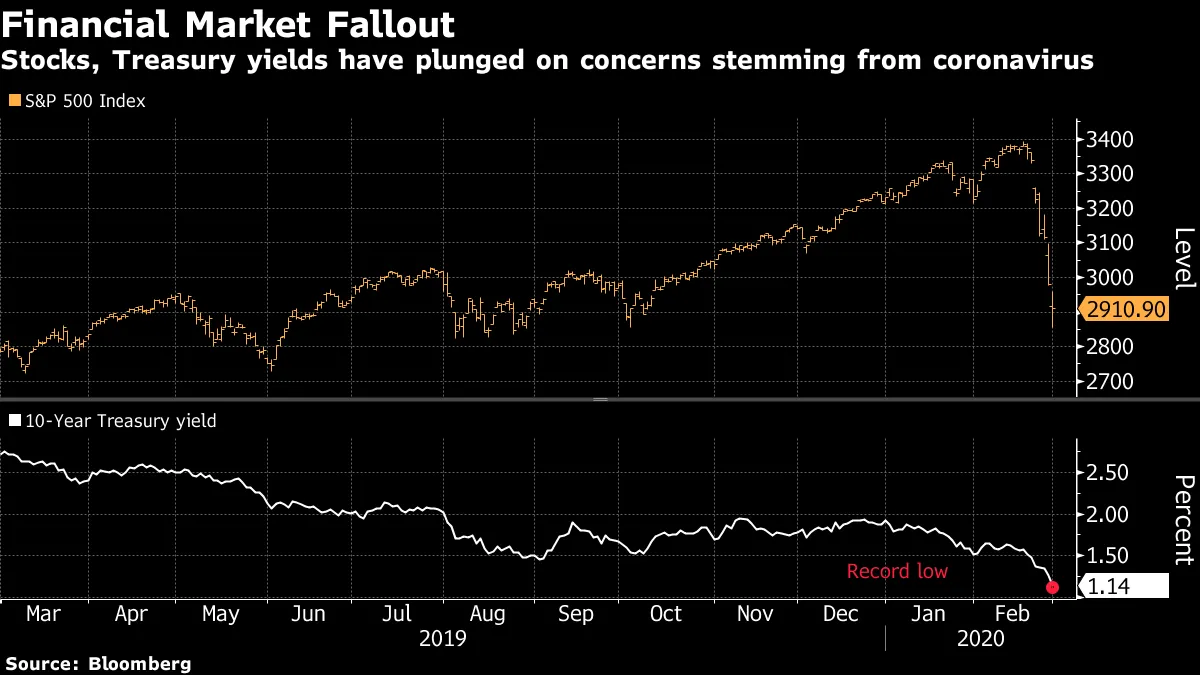August 29, 2025 — Concerns are mounting in financial circles as growing political pressure on the U.S. Federal Reserve draws comparisons to economic instability long associated with emerging markets such as Turkey and Argentina.
Political Interference Raises Alarms
Recent efforts by former President Donald Trump to remove Federal Reserve Governor Lisa Cook have been viewed by investors as a dangerous precedent, sparking fears over the erosion of central bank independence. While markets remain buoyant in the short term, cracks are beginning to show: U.S. Treasury yields have ticked higher, and whispers of long-term risks to the dollar’s dominance are intensifying.
The situation is drawing parallels to past crises abroad. In Turkey, political interference in the central bank, particularly the forced lowering of interest rates, fueled a currency collapse and runaway inflation. Argentina, plagued by decades of political manipulation of monetary policy, continues to suffer chronic financial instability and dwindling investor trust.
Why Investors Are Concerned
Although the U.S. has far greater financial depth and global influence than emerging economies, any perception of weakening institutional independence can shake confidence. Analysts warn that undermining the Fed’s autonomy could raise borrowing costs, reduce the safe-haven appeal of U.S. assets, and ultimately shift global investment strategies.
The fear is not immediate collapse, but a slow erosion of trust. If unchecked, political interference could cause investors to treat U.S. markets with the same caution once reserved for more volatile economies.
Markets Hold, But Doubt Persists
Stock markets remain elevated, boosted by optimism around technological innovation and the expectation of future interest rate cuts. However, this optimism is fragile. The sustainability of U.S. market strength depends on institutional stability—a foundation that risks weakening if political leaders exert increasing influence over monetary policy.
The Bigger Picture
For decades, the independence of the Federal Reserve has been a pillar of global financial stability. If that perception changes, the consequences may extend far beyond U.S. borders, reshaping how international markets view the reliability of American economic policy.
The unfolding situation leaves the U.S. facing a crucial test: whether to reaffirm the independence of its central bank or risk sliding toward the very uncertainties that have long plagued emerging economies.
















Leave a Reply